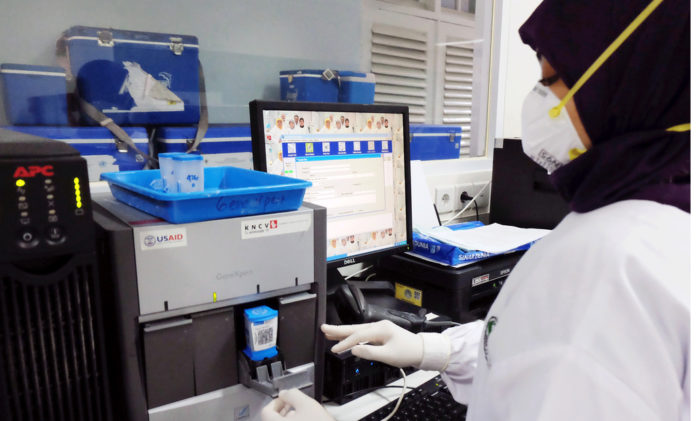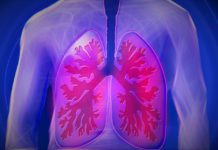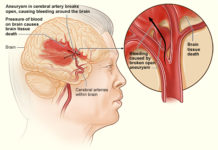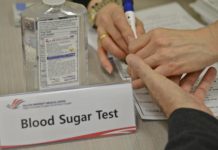
By Dr O P Choudhury
The advent of Xpert MTB / RIF, also called GeneXpert assay in 2004 and subsequent recommendation from WHO in 2010 to include it in the diagnosis of Mycobacterium tuberculosis (MTB) infection has dramatically improved the diagnosis especially in smear negative (AFB negative) and multidrug resistant TB. GeneXpert combines early diagnosis of TB (within 2 hours) with direct detection of Rifampicin resistance.
However the limitation of the assay was low sensitivity and high rate of false positivity particularly in smear negative and HIV associated TB (paucibacillary TB).
The makers of GeneXpert assay, Cepheid, Sunnyvale, CA, USA, have developed the new Xpert Ultra MTB/RIF to improve the sensitivity of the test. This was achieved by adding additional primers (two new multi-copy amplification targets (IS6110 and IS1081) and a larger DNA amplification reaction chamber and is run on the same device as Xpert. As published in a recent edition of Lancet Infectious Diseases, Susan Dorman and colleagues reported the results of a comparison between Xpert Ultra with Xpert assay on sputum samples from 1753 patients tested at ten reference laboratories in high endemic countries.
Xpert Ultra had a high overall sensitivity (88%) versus Xpert (83%) which resulted in higher positive cases but resulted in a drop of 2% in specificity (96%) compared to Xpert (98%). The difference in sensitivity was more pronounced in smear negative cases (63%) versus (46%) and in HIV coinfected cases (90%) versus (77%).
Another study by Bahr and colleagues compared Xpert Ultra with Xpert for detection of Mycobacterium tuberculosis in cerebrospinal fluid, showing that the sensitivity was superior even when compared to culture. Culture is considered the gold standard in diagnosis of Tubercular infection as it grows only viable bacilli.The only drawback was excess false positive cases as detection of DNA from small number of non viable / dead bacilli as it was previously observed in Xpert assay particularly with recent history of TB . That included patients treated for TB in the past two years.
WHO after a meeting of its technical expert consultation in January 2017 declared the Ultra assay as non inferior to the current Xpert MTB/RIF assay for the detection of MTB and the detection of rifampicin resistance and can be procured as an alternative to the latter in all settings.The current WHO recommendation for the use of Xpert MTB/ RIF also apply to the use of Ultra as the initial diagnostic test for all adults and children with signs and symptoms of TB and in the testing of selected extrapulmonary specimens (cerebrospinal fluid, lymph nodes, and tissue specimens ).
An update of the current guidelines is expected in 2018 for the use of Xpert MTB /RIF , when more information on the use of Ultra assay will be available.











